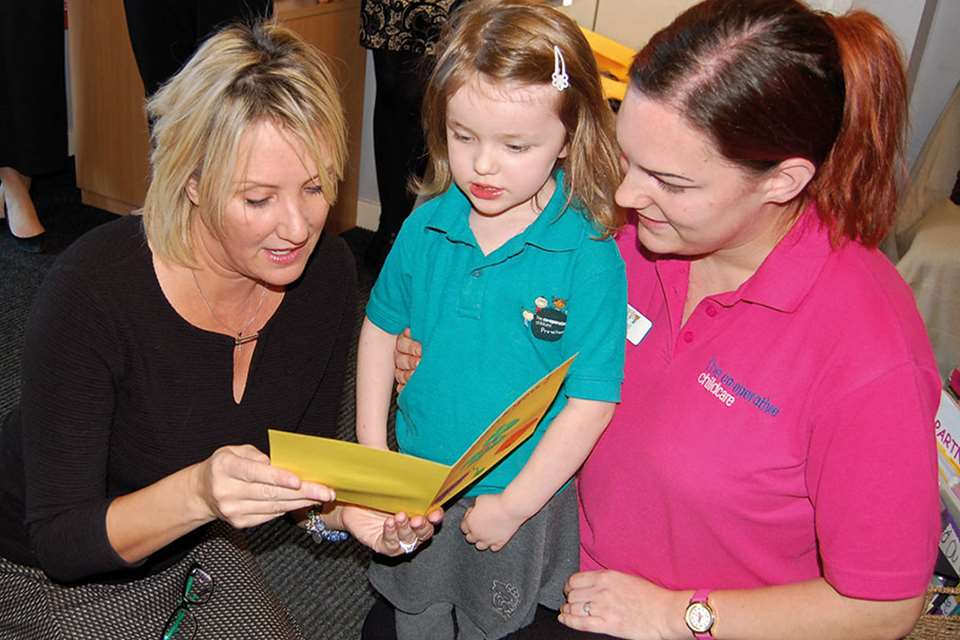British Sign Language wins GCSE equivalent status for early years apprenticeships
Thursday, April 20, 2017
British Sign Language (BSL) is to be included as an alternative to GCSE English in early years apprenticeships from 24 April, after years of lobbying from equalities campaigners.

The move follows recent apprenticeship reforms, which gave Functional Skills equivalent status to maths and English GCSEs at grades A-C for the Level 3 Early Years Educator framework. It will apply to those already on an apprenticeship route as well as new starters.
A Department for Education spokesperson said, ‘This Government is committed to breaking down barriers to ensure people of all ages and all backgrounds get on the ladder of opportunity through an apprenticeship.
‘For those whose first language is British Sign Language, this simple change will allow them to achieve their full potential. We are looking at implementing more changes like this to make sure apprenticeships can work for as many people as possible, whatever their background.’
The DfE is now looking at the qualification requirements for non-apprenticeship routes to Level 3 Early Years Educator, where BSL is not currently allowable.
Chrissy Meleady, chief executive of Early Years Equality, said, 'It's been a long time coming, but it's good to see a step change.
'We're glad to see the Government has agreed with us and will be including BSL as an equivalent, which will make a big difference for those pursuing the apprenticeship route.'
Ms Meleady had claimed the failure to make adjustments to the qualification requirements for deaf and hearing-impaired students, who may have difficulties with speaking and listening skills in English, was a breach of the Equality Act and Public Sector Equality duties.
In December last year, Early Years Equality highlighted to government officials five separate potential legal cases where BSL-qualified candidates were being held back from pursuing careers in early years.
'We notified government that these cases were coming,' said Ms Meleady, adding, 'We had a young person who wanted to get onto an Early Years Educator qualification.
'She knew she couldn't get English GCSE because of the oral requirement but she had BSL Level 2. She was prevented from gaining access to a course in London.'
Ms Meleady is asking for similar status for English as an additional language (EAL), which she argues is important for reflecting British society in early years settings.
'We've written to the prime minister to see if we can engage with that as well,' she said.
'We've offered to get into discussions with members of different communities who are language experts and see how we can develop an adjustment for that.
'There have to be opportunities for career progression for those with EAL, and opportunities for children to hear voices that aren't only speaking in a certain kind of English accent.
'The truth is that children who are multi- or bilingual have an advantage, and the more of a range we have, the more that helps our children in the modern world.'





